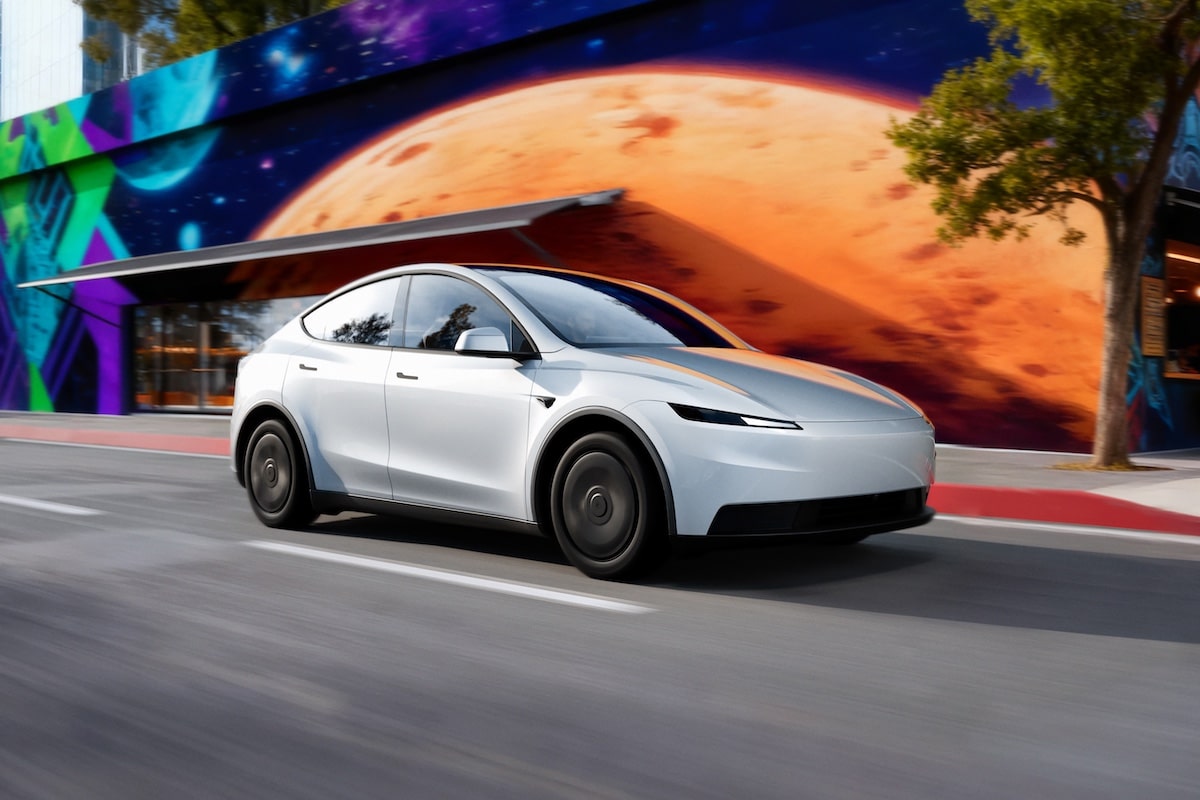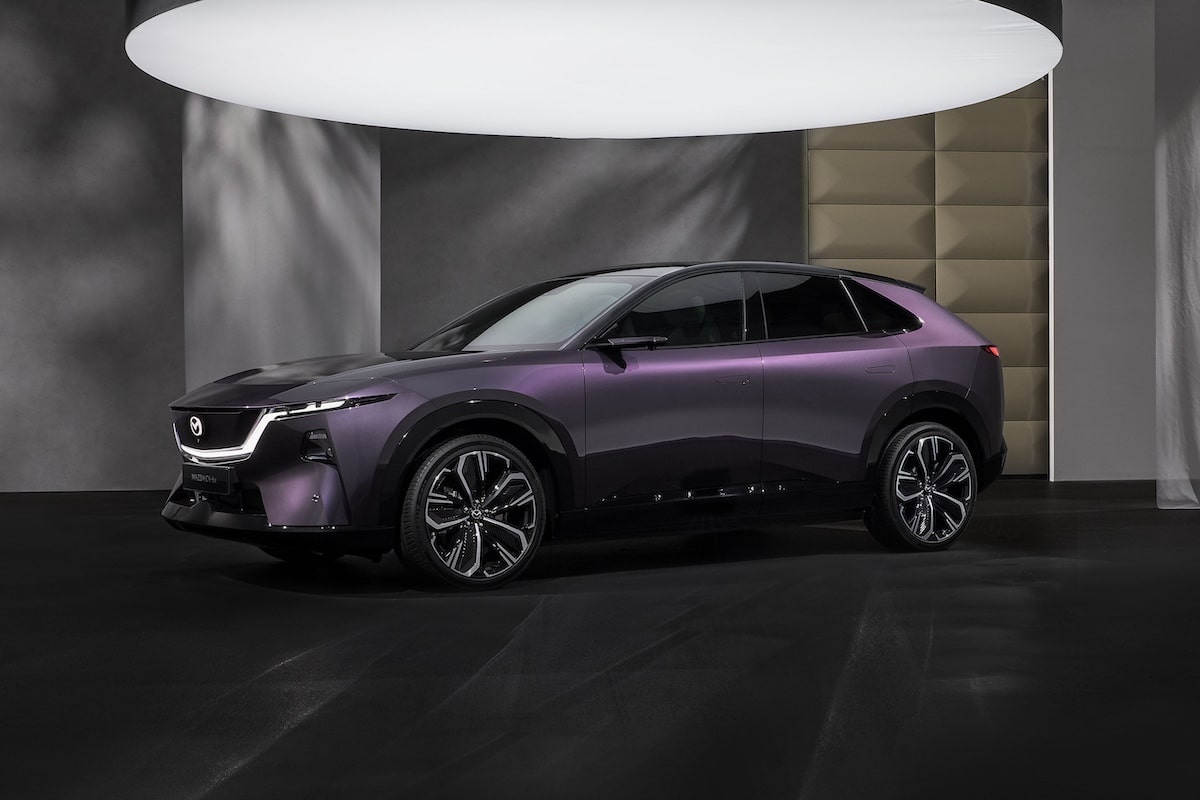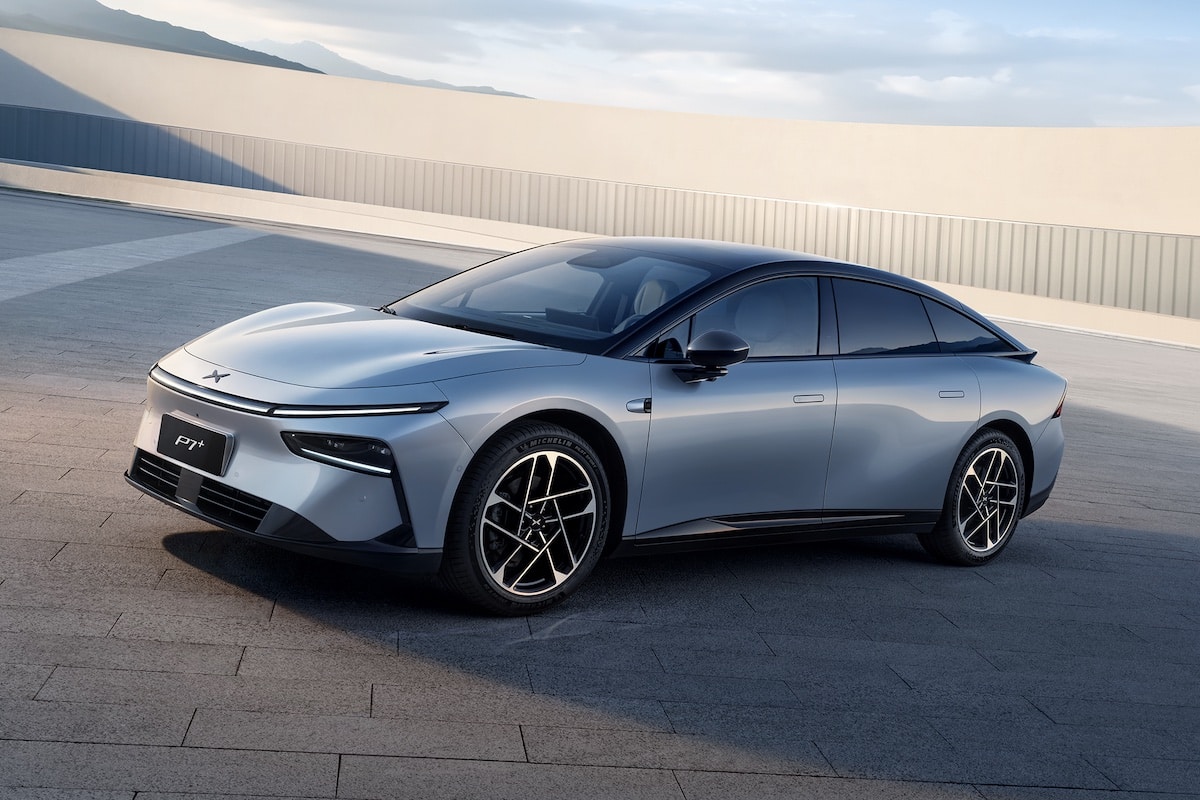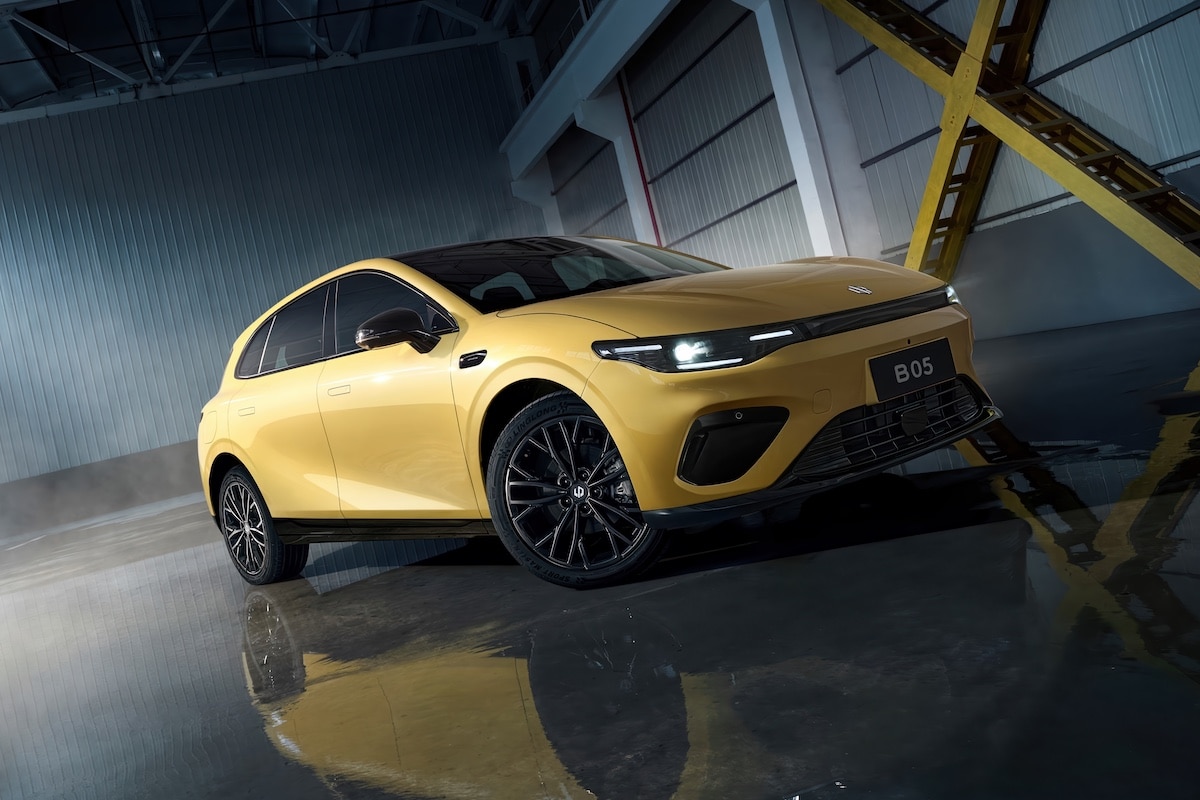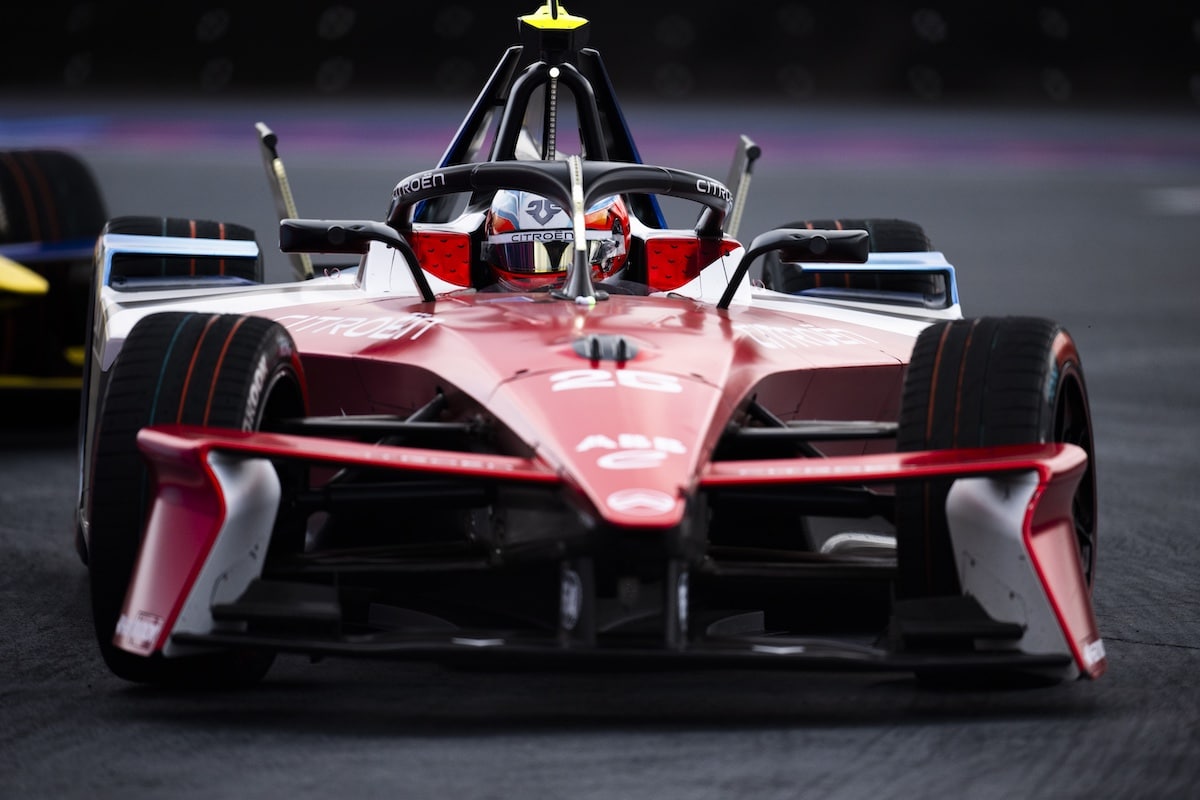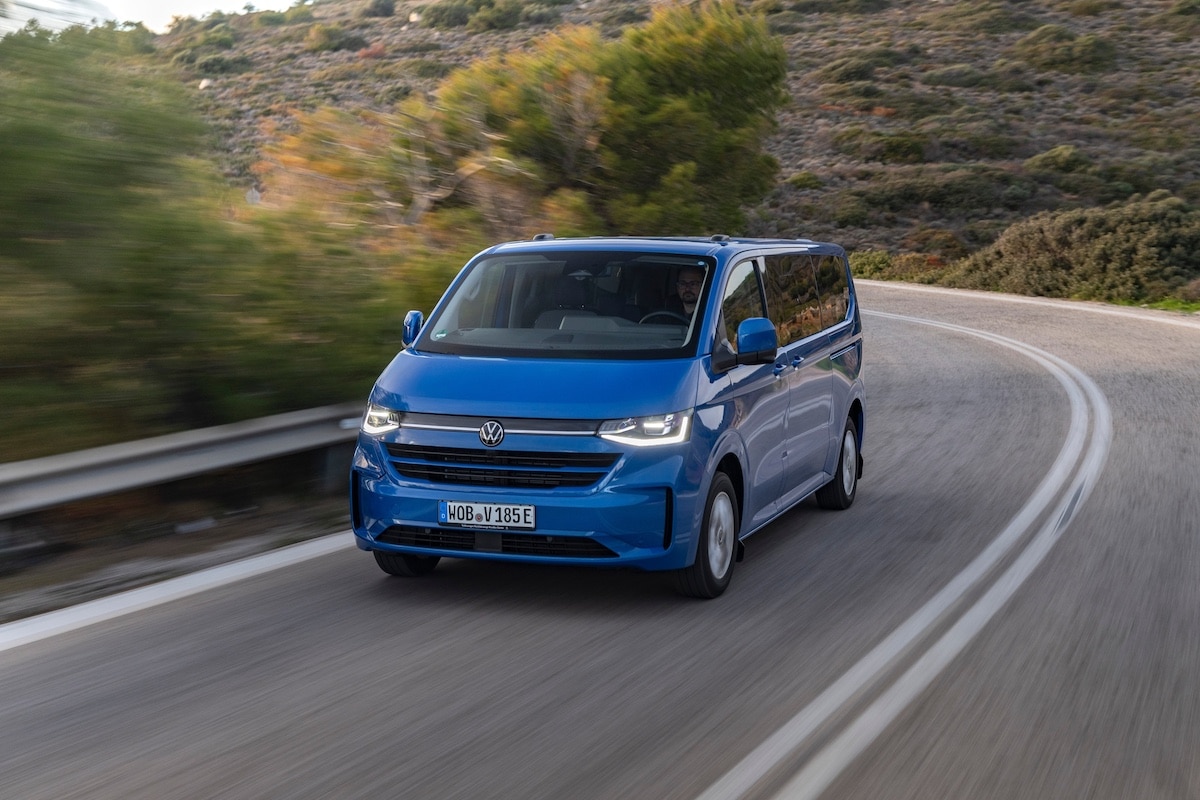Why does an electric car consume less energy in summer than in winter?

Contrary to popular belief, an electric car consumes less energy in summer than in winter, even when the air conditioning is active.
Physical laws are often absolute. Just like our homes, we tend to consume more energy in winter than in summer. The same goes for our cars for two reasons that, once explained, are obvious.
The first concerns the ambient temperature during the seasons.
In summer, when the outside temperature is high, the temperature difference between inside the car and outside is smaller, between 5 and 10 degrees. Consequently, the air conditioning doesn’t need to work as hard to maintain a comfortable temperature inside the vehicle, which results in lower energy consumption.
In contrast, in winter, the temperature difference between the inside and outside is greater, because it is generally colder outside and a higher temperature is desired inside. This means the air conditioning must work harder to warm the cabin, leading to higher energy consumption. Using the defogger, defroster, or heated seats further increases energy use and reduces overall range.
Finally, in winter, the chemistry of the battery is affected by the cold, making electron circulation more difficult and causing cells to store less energy.
The second relates to air density in winter
In winter, air is 11% denser compared to warm summer air, which increases aerodynamic resistance and tire rolling resistance on the road. It is important to note that the effect of air density on range will be more significant for combustion engine vehicles, as electric vehicles do not rely directly on air for their operation.
One last unusual reason
Statistically, winter trips require more use of headlights because daylight is shorter and weaker. Finally, rainy or snowy weather conditions activate windshield wipers, which consume energy and can impair airflow into the vehicle.
In short, nobody would have believed it, but energy consumption decreases in summer despite the intense heat. A good reason to feel better about turning on the A/C!
READ ALSO: Tesla increases the range of certain models. Find out which ones!
This page is translated from the original post "Pourquoi une voiture électrique consomme moins en été qu’en hiver ?" in French.
We also suggestthese articles:
Also read
